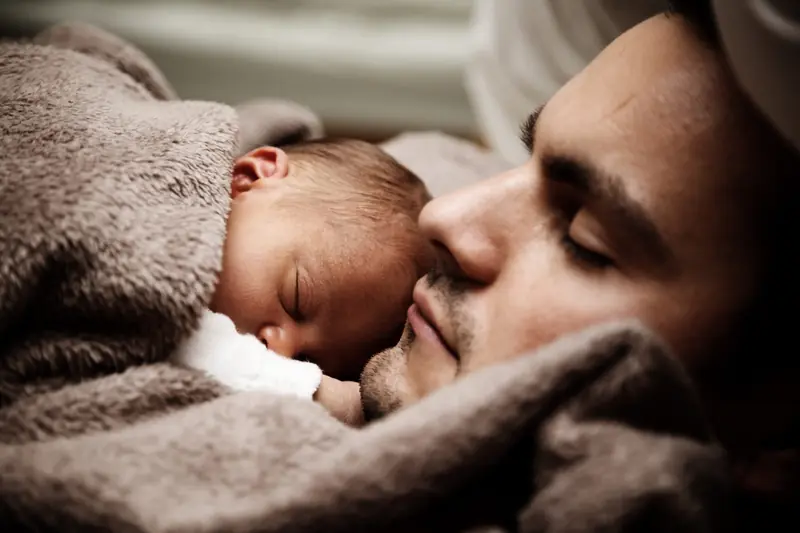
The findings of a new study have turned out to be quite surprising. One might assume that the shortest sleep duration is typical for the young and the elderly.
However, as the research team asserts, people actually sleep the least during middle age. It turns out that sleep duration decreases in early adulthood until around the age of 33, and then begins to increase again after 53.
To investigate how sleep patterns change throughout a person’s life and how they differ across various cultures, scientists analyzed data from 730,187 participants aged 19 to 70 from 63 countries.
In the prime of life, there’s little time for sleep
The study involved researchers from the University of Lyon (France), University College London, the University of East Anglia, the University of Leeds, Bournemouth University, and Lancaster University (UK).
The primary focus of the research was to identify signs of dementia. Volunteers were asked to play a mobile game called Sea Hero Quest, designed for neurobiological research, and to answer questions from a survey. Some of these questions specifically addressed sleep duration at different life stages.
Researchers found that the youngest participants in the sample slept the longest, according to the Independent. The team also noted that sleep duration gradually decreases until the age of 33, remains relatively stable until 53, and then starts to increase again. The scientists believe that the shorter sleep duration during middle age is likely linked to the demands of raising children and advancing in one’s career.

Women sleep longer than men, but only by a few minutes
Overall, volunteers in the cohort averaged 7.01 hours of sleep per night. Naturally, the researchers noted that sleep duration varies by gender, region, and education level.
Once again, the researchers encountered some surprises. Testing data revealed that women sleep, on average, 7.5 minutes longer than men.
Regarding geographical differences, it turned out that the population of the United Kingdom sleeps slightly less than the average. Even fewer hours are dedicated to sleep by residents of countries located closer to the equator.
Interestingly, in Eastern European countries such as Albania, Slovakia, Romania, and the Czech Republic, people sleep 20 to 40 minutes more than the average number of hours.
The study’s conclusions were published in the journal Nature Communications. The findings related to sleep duration allowed scientists to redefine the stages of adult life, specifically early adulthood (19–33 years), middle adulthood (34–53 years), and late adulthood (54+ years).
Other research teams have previously claimed that regular nightly sleep should last at least 7 hours. Young people and those with chronic illnesses need to sleep at least 9 hours.
Scientists believe that sleeping less than 7 hours increases the risk of developing cardiovascular diseases, diabetes, and hypertension. It poses threats to mental health, leading to frequent depression, obesity, and disrupting immune system function.
